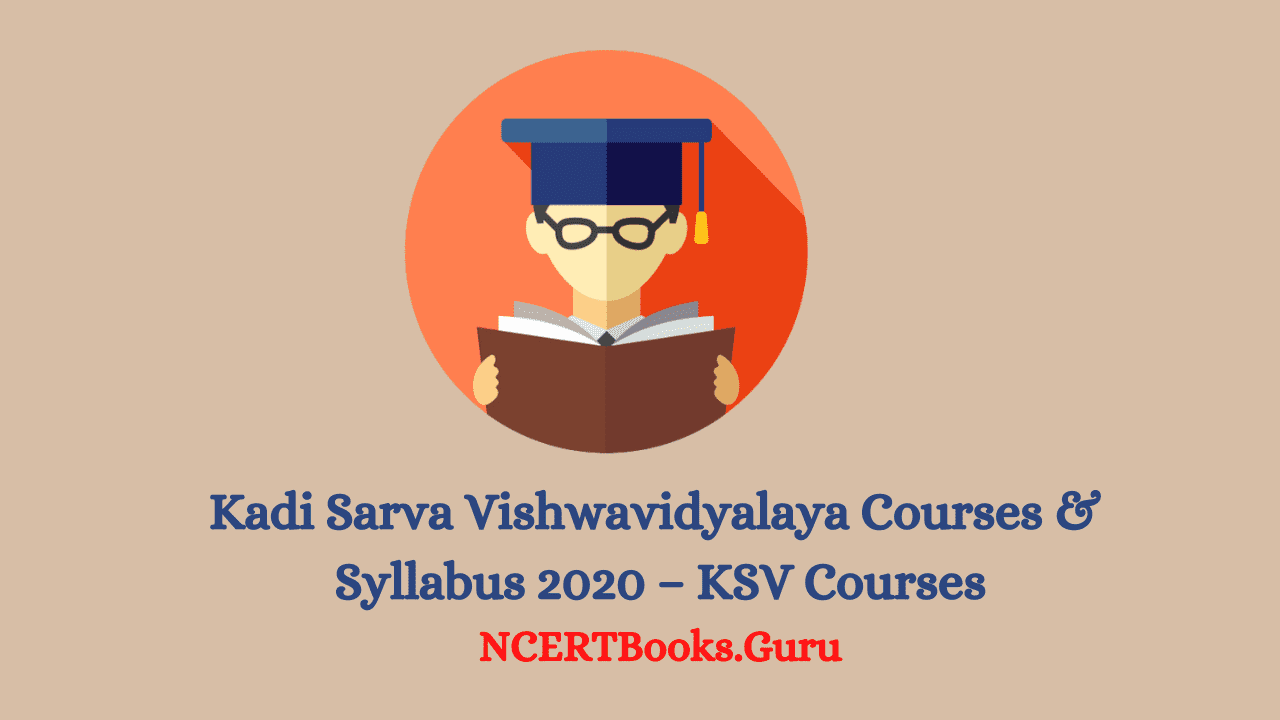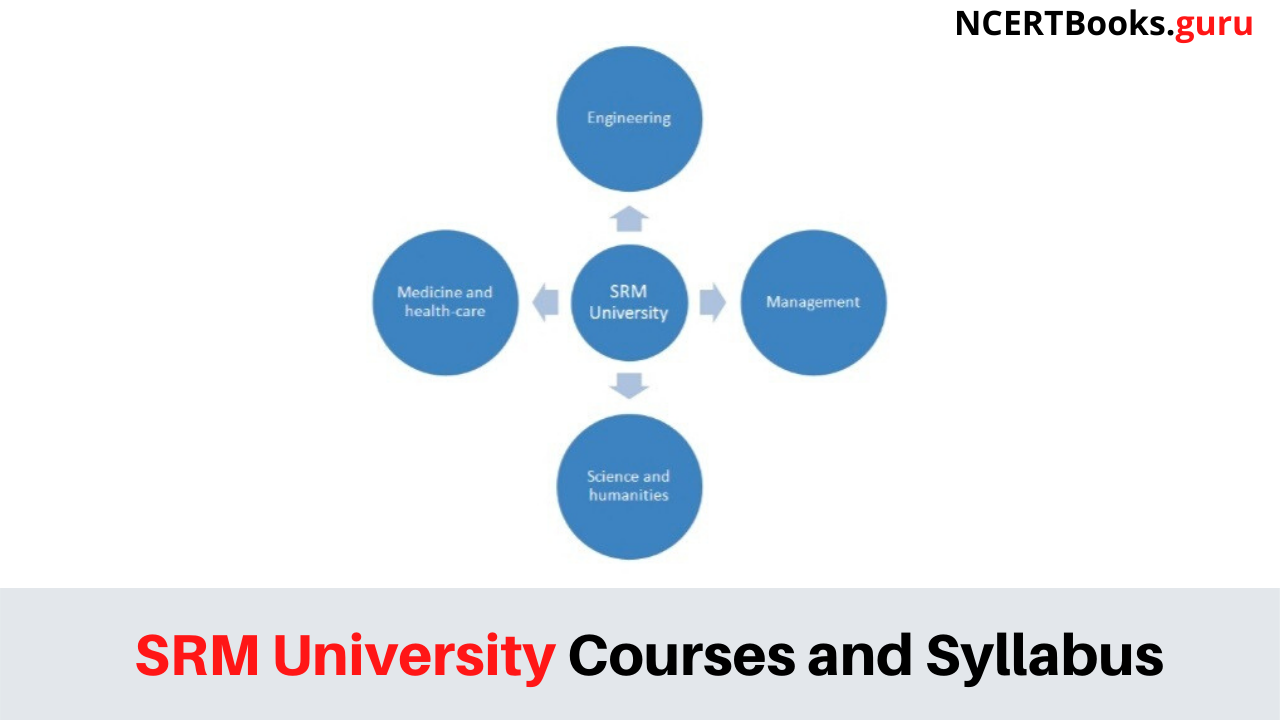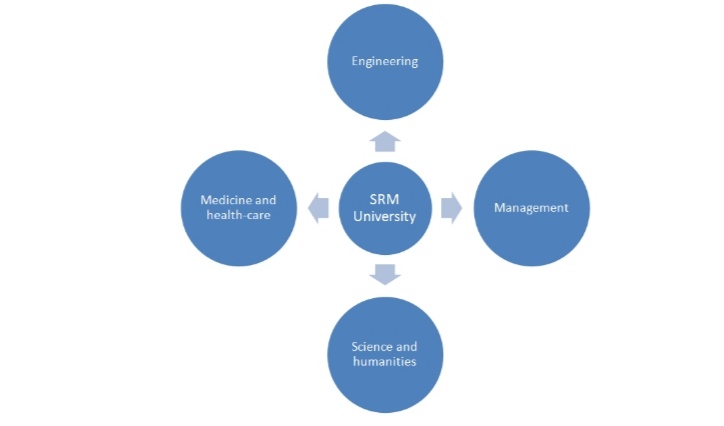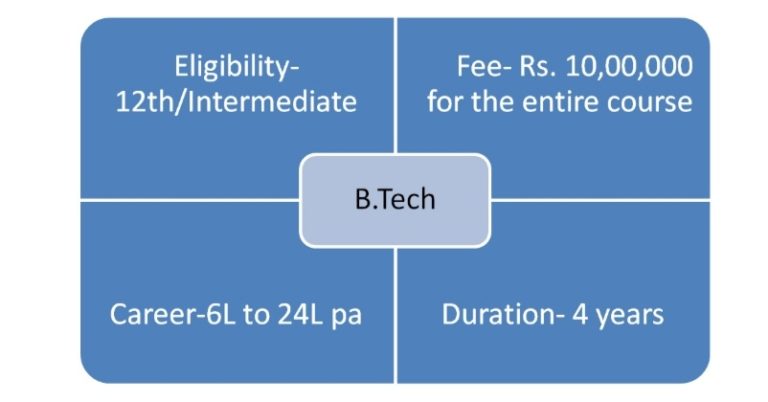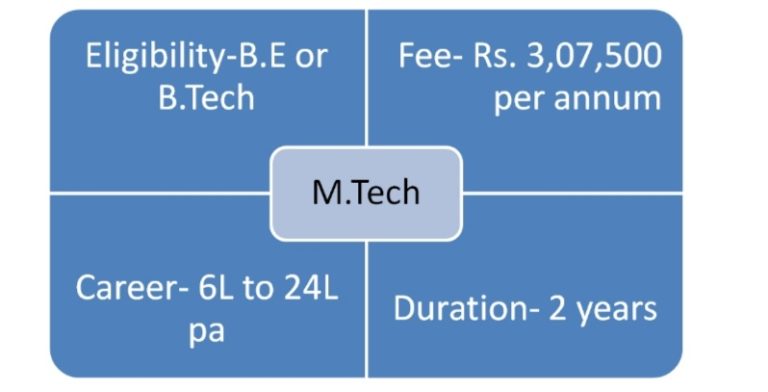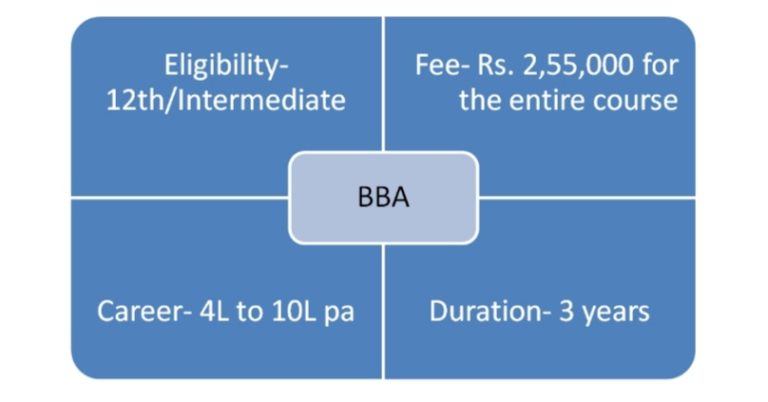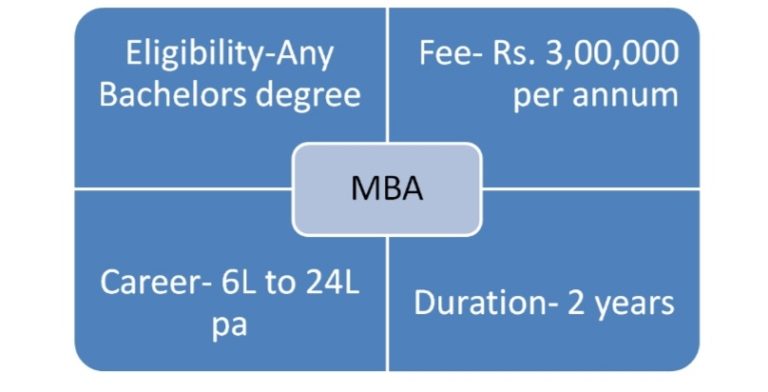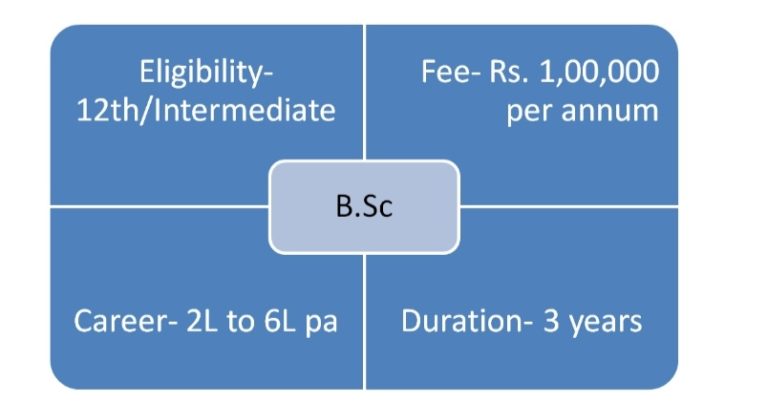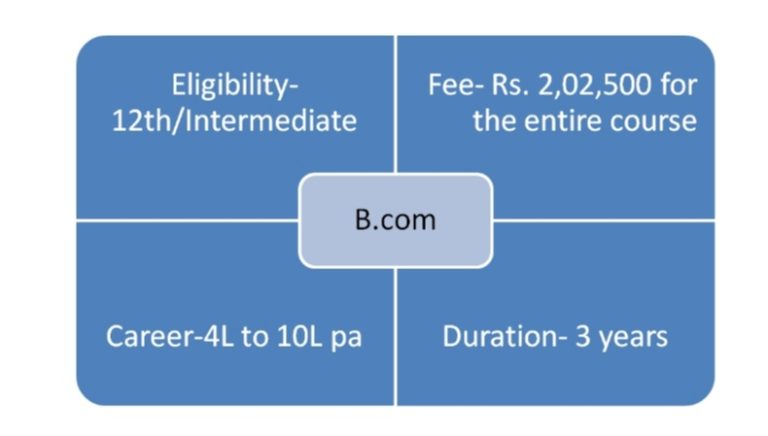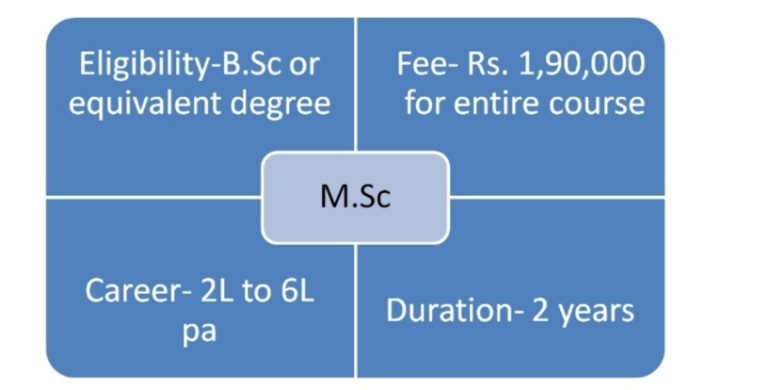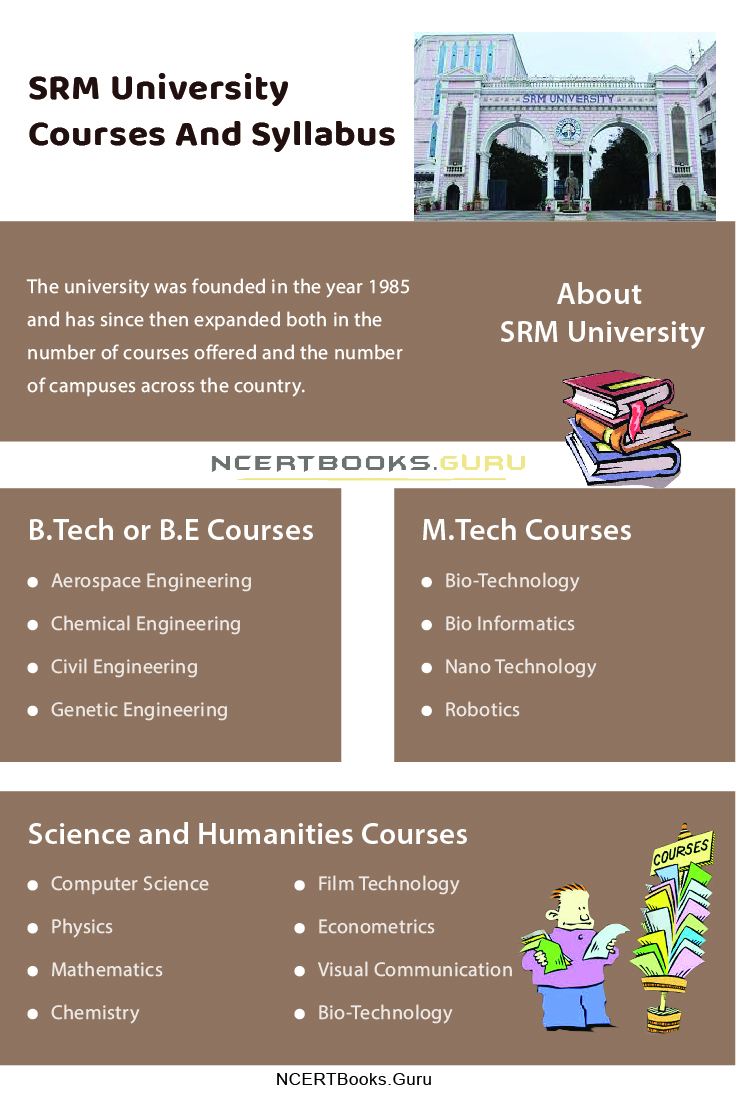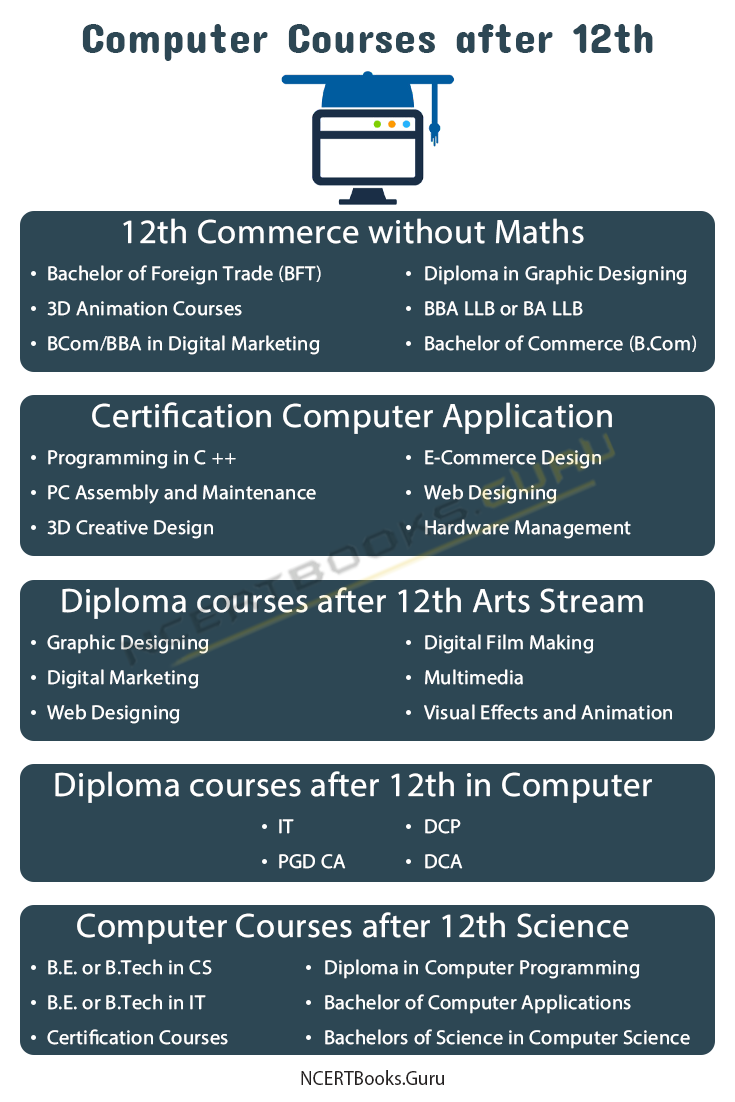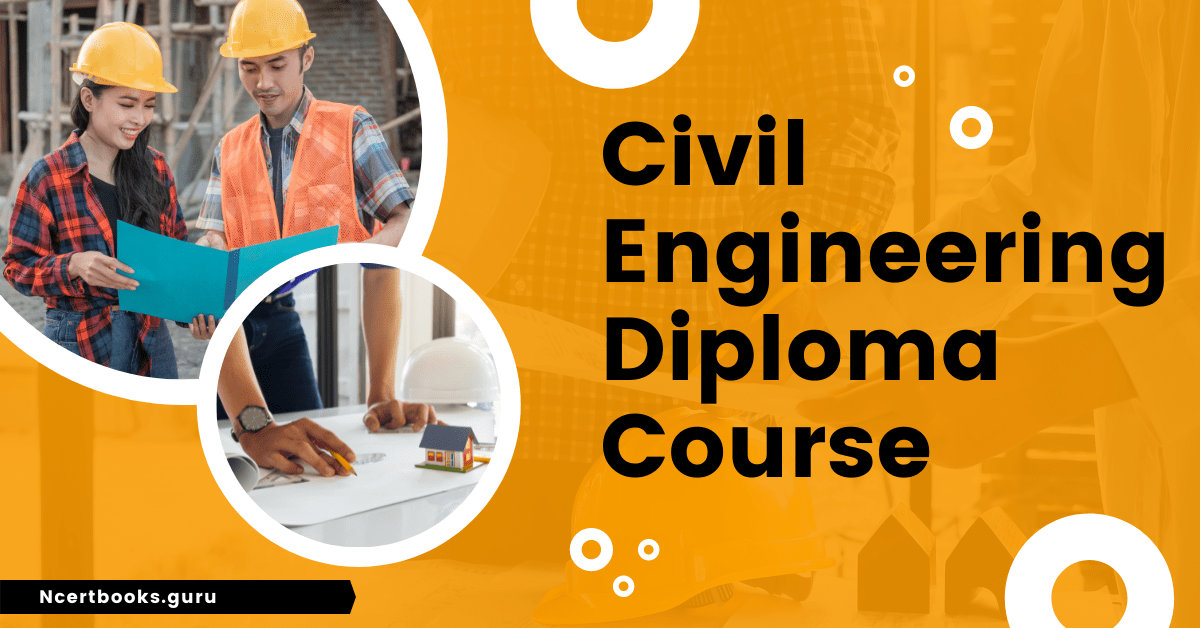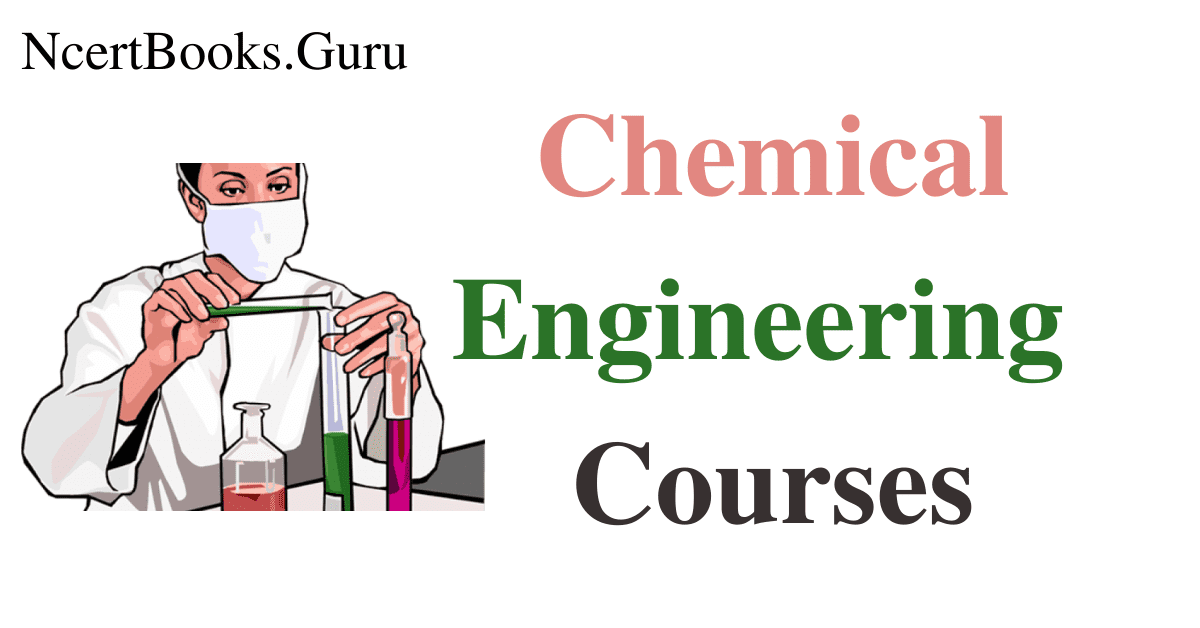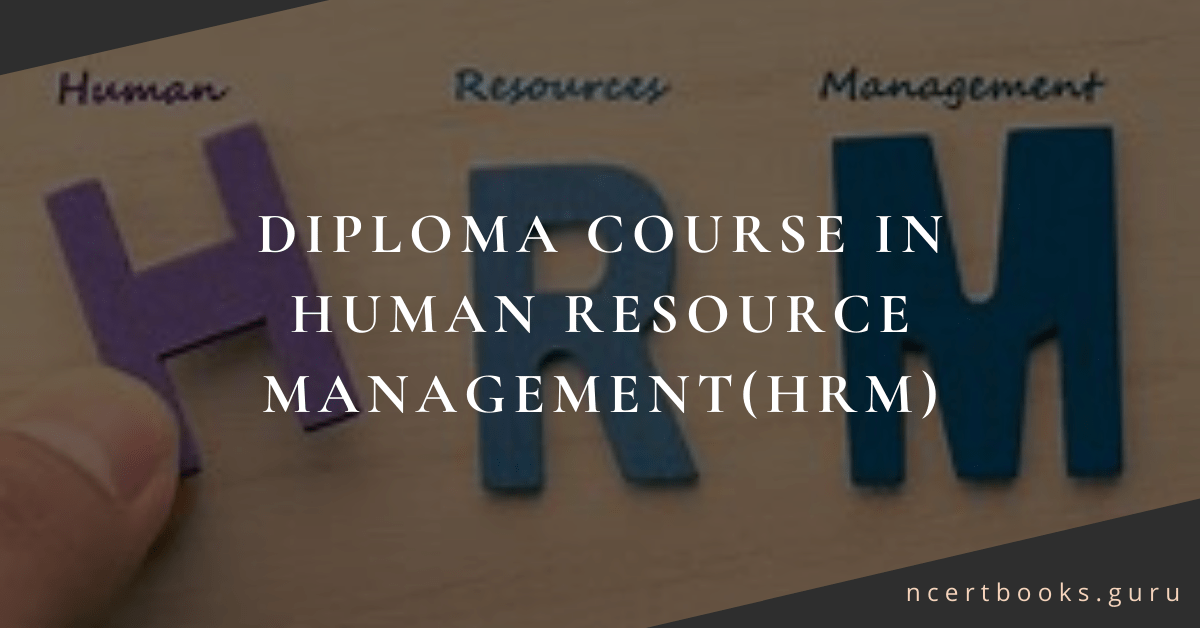Check out Kadi Sarva Vishwavidyalaya Courses & Syllabus 2021. Candidates can check the necessary details about Kadi Sarva Vishwavidyalaya courses and syllabus 2021. Here we have given courses and also syllabus for various programs and other important details (कादी सर्व विश्व विद्यालय पाठ्यक्रम). Here we also gave semester wise Subjects which helps the candidate in providing information. Also, check various academic programs offered by Kadi Sarva Vishwavidyalaya. The Institute invites applications from candidates who have completed or are likely to complete the required courses this academic year.
This university offers UG, PG, M.Phill, Ph.D. courses. Every year it provides chances for many students. Kadi Sarva Vishwavidyalaya offers post-graduate courses in 25 disciplines like MBA, MCA, ME, M. Pharm. etc. graduation level courses in 17 disciplines viz. B.E., B.Pharm., BBA, BCA, B.Sc., etc. and diploma courses in seven disciplines. It also offers Doctorate courses. Admissions to this university will be done on the basis of the entrance exam conducted by the university. This University intakes students only on a merit basis.
- Kadi Sarva Vishwavidyalaya Details
- Courses offered by Kadi Sarva Vishwavidyalaya
- Kadi Sarva Vishwavidyalaya Syllabus
- Where do I find Kadi Sarva Vishwavidyalaya Syllabus for different streams?
- How to download Kadi Sarva Vishwavidyalaya Syllabus PDF?
- What are the Courses Offered by Kadi Sarva Vishwavidyalaya?
Kadi Sarva Vishwavidyalaya Courses & Syllabus 2021
| University | Kadi Sarva Vishwavidyalaya |
| Location | Gandhinagar, Gujarat |
| Offered Courses | UG, PG, M.Phill, and Ph.D. |
| Website | Click here |
| Application Notification | Admissions open |
Kadi Sarva Vishwavidyalaya Details
Sarva Vidyalaya Kelvani Mandal, Kadi (promoter of Kadi Sarva Vishwavidyalaya) was established in 1919 and commenced its activities with a school and student residential “Ashram” at Kadi in 1921 through the generous donations from the society and through the visionary efforts of “Chhaganbha” who is the establisher of the Mandal. The university was set up by Sarva Vidyalaya Kelavani Mandal, a trust. The alumni of Sarva Vidyalaya Kelavani Mandal has managed and nurtured the trust to its present eminence. This university offers many courses in UG, PG, M.Phill, Ph.D.
The University is providing higher education as par with any other university of the state and India. As we know that this university will conduct semester exams Twice in a year. So for that need, students should have clarity on the syllabus for the applied course. So here we have given the courses and syllabus details of this University.
Courses offered by Kadi Sarva Vishwavidyalaya
This University offers Integrated Programmes, Under Graduate, Post – Graduate, M.Phill, and Ph.D. Under the following categories.
UG Courses and their Specializations
B.Sc
- Chemistry
- Microbiology
- Maths
- Physics
- Computer
- Science
B.Com
B.B.A
- Business Administration
B.C.A
- Computer Applications
MAM
- Master in Applied Management
Post Basic B.Sc.Nursing
PG Courses and their Specializations
MA
M.Com
M.Sc
- IT (Information technology)
- chemistry
- Mathematics
- Biotechnology
- Microbiology
- Physics
- Nursing
B.Ed
- Mathematics
- Science & Technology
- AccountancyCommerce
- English
- Social
- Science
- Economics
- Hindi
- Gujarati
- Sanskrit
- Computer Science
M.Phil.
- Computer
- Education
- English
- Physical Education
Ph.D.
Kadi Sarva Vishwavidyalaya Official Website – Click here
See More:
- Igu Meerpur Courses
- Hindu College Of Engineering Sonepat Courses
- Hngu Courses
- Gri Institute Courses And Syllabus
- Cmc Courses
Kadi Sarva Vishwavidyalaya Syllabus
Here we have given the syllabus of the academic year 2017-18. Candidates who want to score good marks in their final exams can refer to this article and gain information.
KSV M.Sc. Microbiology Syllabus – Click Here
KSV M.Sc. Mathematics Syllabus – Click Here
KSV M.Sc. Chemistry Syllabus – Click Here
KSV B.Sc. Chemistry Syllabus – Click Here
KSV M.Ed. Syllabus – Click Here
Kadi Sarva Vishwavidyalaya Recent Syllabus – Click Here
KSV Previous Syllabus
Kadi Sarva Vishwavidyalaya Courses & Syllabus: Candidates studying this university should know the syllabus of the particular course. So here we have mentioned the syllabus of courses for the academic years 2014-2018. As we know that the exam syllabus remains the same as the last year. So here we have given the syllabus for this academic year.
KSV Syllabus 2017-18 – Click Here
KSV 2017 Syllabus – Click Here
KSV 2016 Syllabus – Click Here
KSV 2015 Syllabus – Click Here
KSV 2014 Syllabus – Click Here
FAQs on Kadi Sarva Vishwavidyalaya Courses
1. Where do I find Kadi Sarva Vishwavidyalaya Syllabus for different streams?
You can find Kadi Sarva Vishwavidyalaya Syllabus for different streams on our page.
2. How to download Kadi Sarva Vishwavidyalaya Syllabus PDF?
You can download KSV Syllabus PDF through the direct links available on our page.
3. What are the Courses Offered by Kadi Sarva Vishwavidyalaya?
Courses Offered by Kadi Sarva Vishwavidyalaya are Integrated Programmes, Under Graduate, Post – Graduate, M.Phill, and Ph.D. If you wish you can check out the various courses in detail by referring above.
Summary
We have provided Kadi Sarva Vishwavidyalaya Courses & Syllabus 2021 in this article. Students are requested to share this article with their friends. Students who want to know more details about this article those associated with the Official Website for Kadi Sarva Vishwavidyalaya or our web page to know more information. Students who have any queries about this article can leave a review in the below report box for clarifying your doubts.
